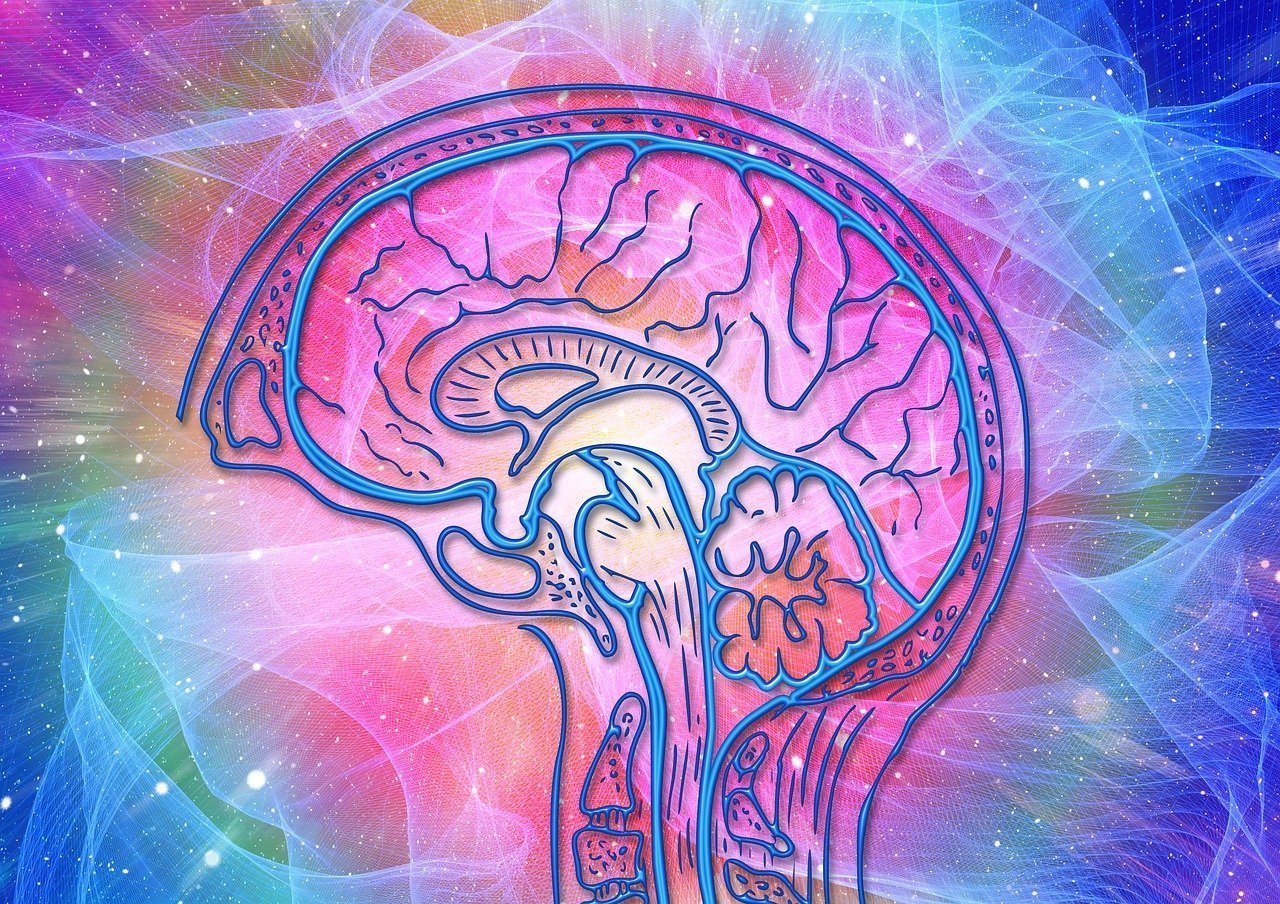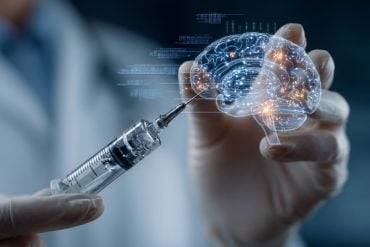Summary: A newly developed cannabidiol capsule can be absorbed by the body faster and penetrate the brain more quickly in mouse models of neurological disorders such as Alzheimer’s disease, multiple sclerosis and TBI.
Source: Curtin University
A team of researchers led by Curtin University has discovered a new way to improve the absorption rate of medicinal cannabis when taken orally, which could potentially be used to treat neurological disorders such as Alzheimer’s disease, multiple sclerosis and traumatic brain injuries in the future.
Published in the journal PLOS ONE and funded by industry partner Zelira Therapeutics, the researchers were able to create tiny capsules containing cannabinoids which, when taken orally, were absorbed by the body faster and penetrated the brain quicker in mice models with neurological diseases, than when it was delivered in liquid form.
Lead researcher, Associate Professor Ryu Takechi from the Curtin Health Innovation Research Institute (CHIRI) and the School of Population Health at Curtin University, said there has been a growing interest in the use of cannabidiol to treat various neurological diseases, but there are limitations due its poor absorption and sensitivity to light and stomach acid when consumed orally.
“Cannabidiol is found in medicinal cannabis and is a popular natural remedy for people living with neurological and metabolic diseases. Due to limitations in absorption, we aimed to design and test a new drug delivery method,” Associate Professor Takechi said.
“Our team was able to significantly improve the absorption and brain delivery of cannabidiol by administering it in a novel microcapsule form, in combination with a naturally occurring bile acid.
“With this new capsulated form, we were able to improve the brain delivery of cannabidiol remarkably by 40 times in animal models and we were also able to protect the drug from oxidation and degradation by light, which helps extend product shelf-life.”
Associate Professor Takechi said the findings may be helpful in supporting the clinical use of medicinal cannabis in the treatment of neurological disorders.
“In this study, we were able to show for the first time that a bile acid actually increased the uptake and retention of cannabidiol within the brain. This shows that bile acids, could be used to enhance the delivery of cannabidiol when taken orally, particularly when treating neurological disorders,” Associate Professor Takechi said.

“Further research is needed to test whether this type of drug delivery method could be successful in human studies, but our findings are very promising.”
Zelira CEO Dr Oludare Odumosu said he was delighted with the outcome of the collaboration with Associate Professor Takechi and his team.
“The new encapsulation technology appears to significantly improve the efficiency with which cannabinoid-based drugs can be delivered into the brain. This could lead to improvements in the effectiveness of cannabinoid therapies to treat neurological disorders while reducing cost and enhancing safety,” Dr Oludare Odumosu said.
This research was a collaborative effort involving researchers from CHIRI, the Curtin Medical School and the School of Population Health at Curtin University, the University Newcastle and the University of Otago.
About this CBD and neuropharmacology research news
Source: Curtin University
Contact: Lucien Wilkinson – Curtin University
Image: The image is in the public domain
Original Research: Open access.
“Sodium alginate microencapsulation improves the short-term oral bioavailability of cannabidiol when administered with deoxycholic acid” by Ryu Takechi et al. PLOS One
Abstract
Sodium alginate microencapsulation improves the short-term oral bioavailability of cannabidiol when administered with deoxycholic acid
Background
Cannabidiol (CBD) confers therapeutic effects in some neurological disorders via modulation of inflammatory, oxidative and cell-signalling pathways. However, CBD is lipophilic and highly photooxidative with low oral bioavailability in plasma and brain. In this study, we aimed to design and test a CBD microencapsulation method as a drug delivery strategy to improve the absorption of CBD. Additionally, we evaluated the brain uptake of CBD capsules when administered alongside capsules containing a permeation-modifying bile acid, deoxycholic acid (DCA).
Methods
Microcapsules containing either CBD or DCA were formed using the ionic gelation method with 1.5% sodium alginate formulations and 100 mM calcium chloride. C57BL/6J wild type mice randomly assigned to three treatment groups (3–4 mice per group) were administered CBD in the following preparations: 1) CBD capsules, 2) CBD capsules + DCA capsules and 3) naked CBD oil (control). To assess the short-term bioavailability of CBD, plasma and brain samples were collected at 0.3, 1 and 3 hours post administration and CBD levels were analysed with liquid chromatography mass spectrometer.
Results
We produced spherical capsules at 400 ± 50 μm in size. The CBD capsules were calculated to have a drug loading of 2% and an encapsulation efficiency of 23%. Mice that received CBD capsules + DCA capsules showed a 40% and 47% increase in CBD plasma concentration compared to mice on CBD capsules and naked CBD oil, respectively. Furthermore, the CBD capsules + DCA capsules group showed a 48% and 25% increase in CBD brain concentration compared to mice on CBD capsules and naked CBD oil, respectively. In mice treated with CBD capsules + DCA capsules, the brain CBD concentration peaked at 0.3 hours with a 300% increased availability compared to CBD capsules and naked CBD oil groups, which peaked at 1 hour after administration.
Conclusions
The microencapsulation method combined with a permeation enhancer, DCA increased the short-term bioavailability of CBD in plasma and brain.







